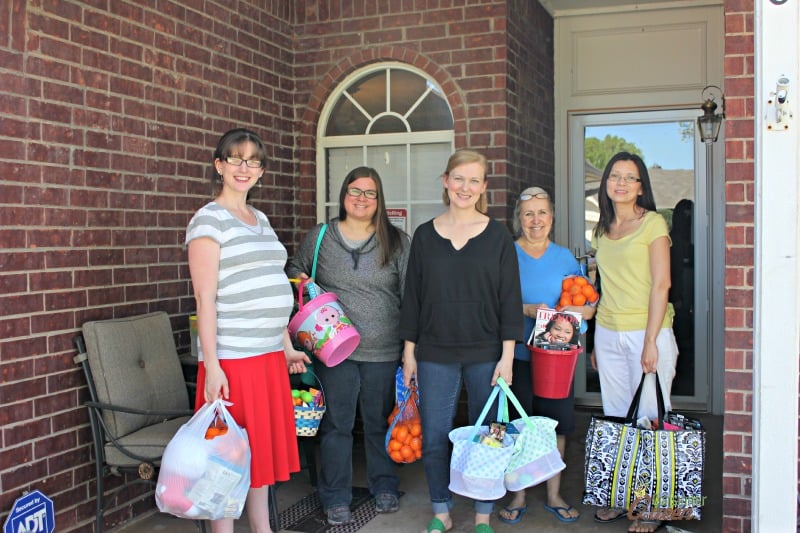Talking with children after a national disaster
Today is National Children's Mental Health Awareness Day and there have been a lot of natural and unnatural disasters in the news lately and I am sure that many children are hearing about them.
While I was at my college the other day I found a brochure titled “Tips for Talking to Children After a Disaster – A Guide for Parents and Teachers”. It is put out by the US Department of health and Human Services. It is a lengthy brochure so I figured I would summarize some of the highlights that may help others. I have added to them and am listing them in my own words instead of the clinical language they used.
1. Provide children the opportunity to talk about what they are seeing and hearing.
2. Admit you don’t know it all.
3. Don’t talk over your child’s level.
4. Keep the lines of communication open over time. More questions may come up in future weeks or months. Let the children know they can come to you with questions about anything not just the disaster events.
5. Take time to create a family emergency plan. Your children will be more receptive to it now and it may make them feel as if they have some “control” over future events.
6. Keep an eye on what your children are watching on television. If possible don’t allow them to watch broadcasts of the disaster without you.
7. Let your children know that any emotion they feel is alright.
8. Try to focus your child’s attention to the good things happening surrounding the disaster such as people reunited or heros.
If your child is having other issues relating to a disaster or any major life event please do not hesitate to speak to a counselor.





